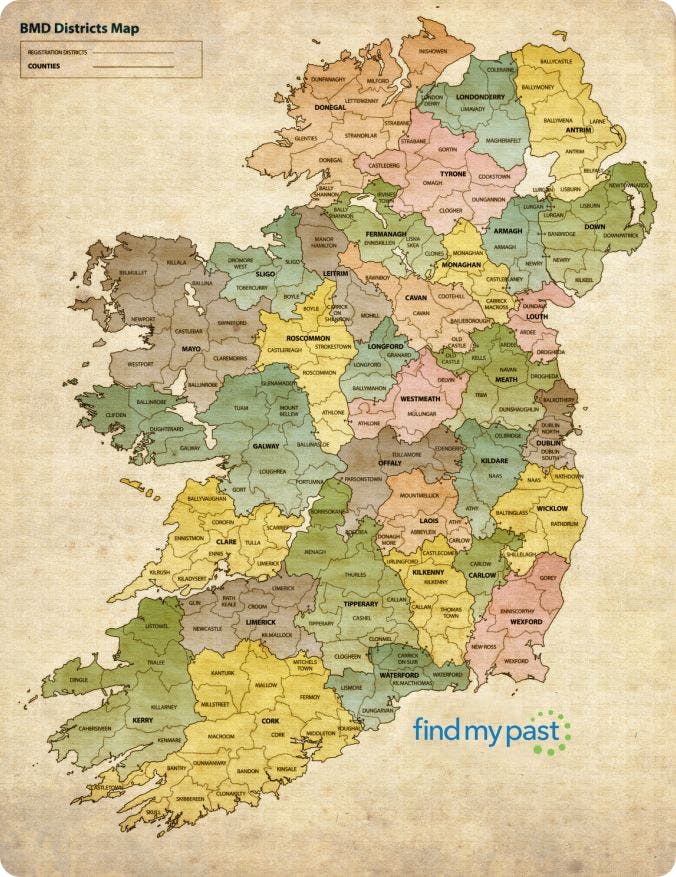5 Common Irish Genealogy Brick Walls and How to Overcome Them
2-3 minute read
By Niall Cullen | March 10, 2017
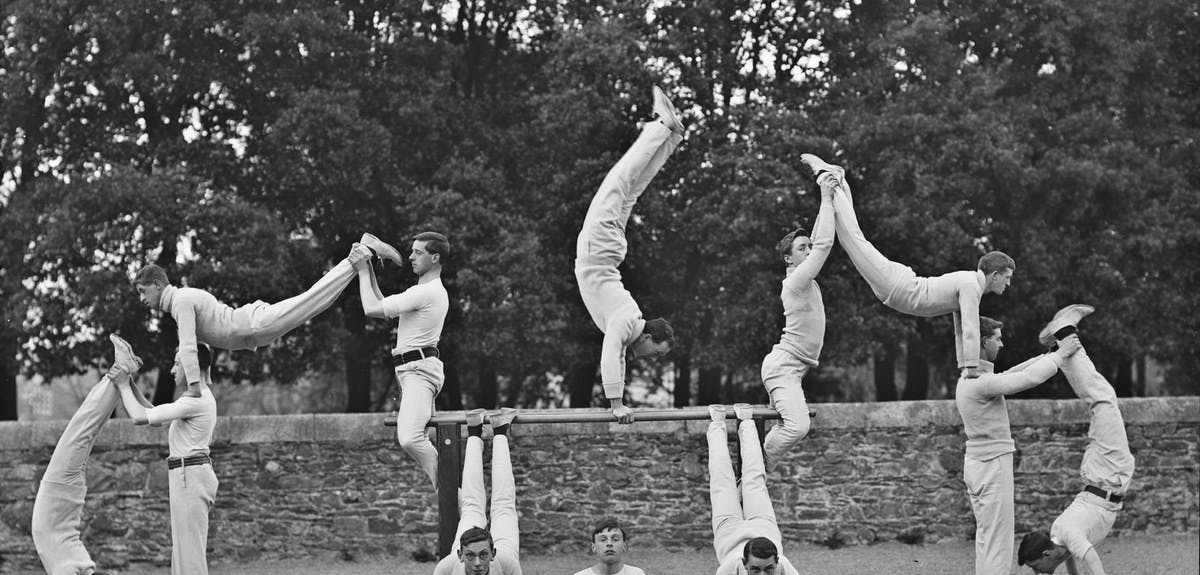
There's no denying that Irish family history research can be challenging. To help, we've put together these handy tips for getting over the toughest of hurdles.
If you've made any progress in tracing your Irish ancestors, there are certain road bumps you've undoubtedly met on your journey. Let's take a look at the most common issues to and help you get past them.
1. Census Struggle
The vast majority of Ireland's 19th century census records were destroyed in a fire at the Public Records Office of Ireland in 1922. Only
fragments survive. So, unlike in the UK or USA, you can't keep track of your 19th century Irish ancestors every ten years in census records.
Instead, you'll need to explore substitutes and other land records from the time. Findmypast has a really useful collection of these records, including:
Griffith's Valuation 1847-1864 - over 2.9 million records, covering the entire island in the mid-nineteenth century
Griffith's Survey Maps & Plans, 1847-1864 - the accompanying maps and town plans for Griffith's, so you can see what your ancestor's homestead looked like at the time
Landed Estates Court Rentals 1850-1885 - almost 500,000 records of tenants in Ireland during the nineteenth century.
You can also explore other Irish records from the 19th century to plug the gaps. Street directories, court registers and workhouse records are particularly valuable.
2. Civil Registration Challenge
When compared to England and Wales, civil registration began relatively late in Ireland. Births and marriages were registered from 1864. Non-Catholic marriages were registered from 1845 with Catholic marriages also beginning in 1864. Obviously, this means there are no
birth, marriage and death records for any event before those dates. Ireland's parish records are the main source you'll need to overcome this problem.
Findmypast holds over 10 million Irish Catholic Parish Registers, covering the entire island. It varies by parish but most of these date back into the 18th century.
3. Parish, Barony or Townland?
One of the most common problems researchers tracing Irish roots are faced with is the myriad of placenames encountered. Adminstrative districts in Ireland have changed over time so you'll need to know the difference between a parish, townland, civil registration district, barony and county.
While there is no quick fix to this problem, our civil registration districts map above will help you to see how some districts cross county borders. As soon as you have pinpointed an Irish ancestor to a location, it is worth doing some research into the placenames in that area so you can interpret them correctly as you continue your research.
4. Getting Back Further
A classic challenge for Irish family researchers, a combination of the above problems means that tracing your ancestors back into 18th century Ireland and beyond can be tricky. Findmypast have some fantastic Irish resources dating back to medieval times and earlier, that you may not have considered searching. Highlights of our early Irish records include:
Original Wills, Of The Diocese Of Dublin 1272-1858 - over 100,000 records to help trace your Dublin ancestors.
Farrar's Index To Irish Marriages 1771-1812 - a valuable resource for a period that few church records survive.
Catholic Qualification & Convert Rolls 1701-1845 - a fascinating collection detailing those who converted or pledged loyalty to the Crown during Ireland's harsh penal laws.
5. What's in a Name?
There are certain anomalies associated with Irish names that you should be aware of as you conduct your research. Not knowing these will only serve to confuse and frustrate you as you progress. Luckily, we've put together a dedicated blog post on the subject.
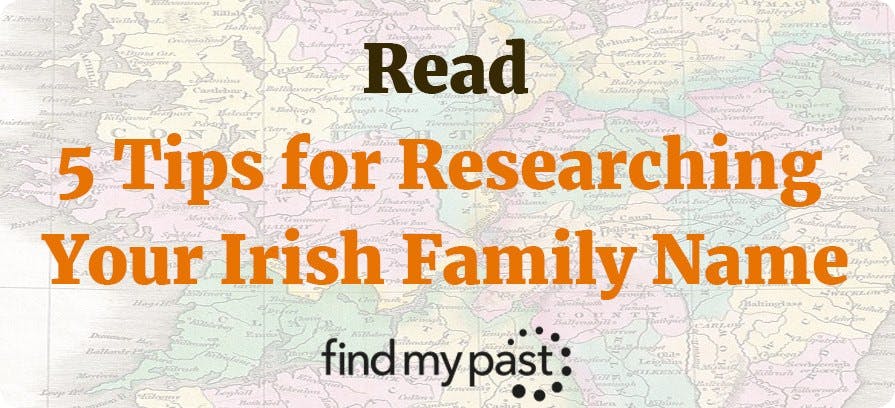
Need More Help? Attend our Webinar
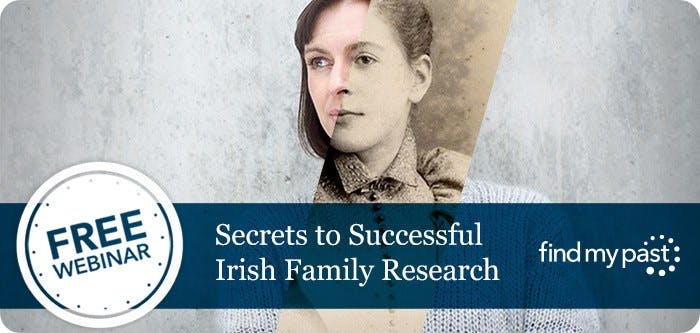
Related articles recommended for you
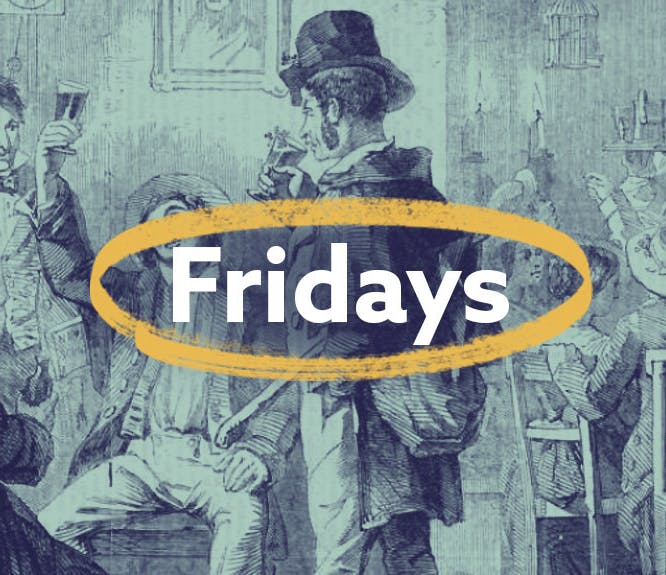
Celebrating Irish stories with almost a million new records
What's New?
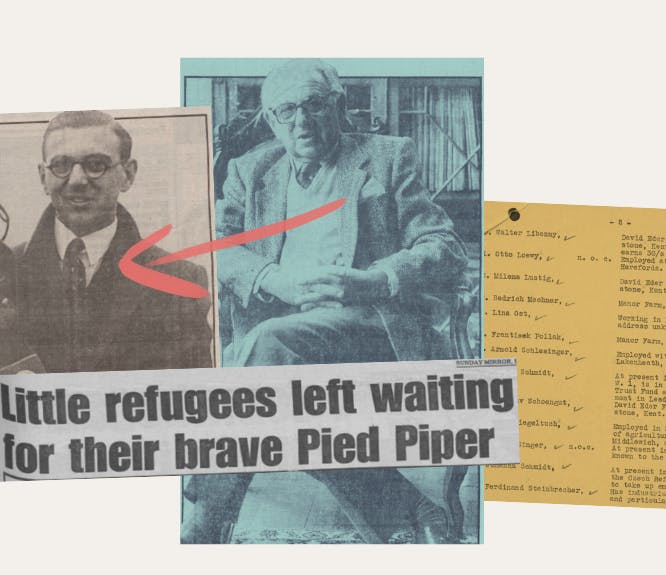
The remarkable true story of the man who saved 669 children from the Nazis
History Hub
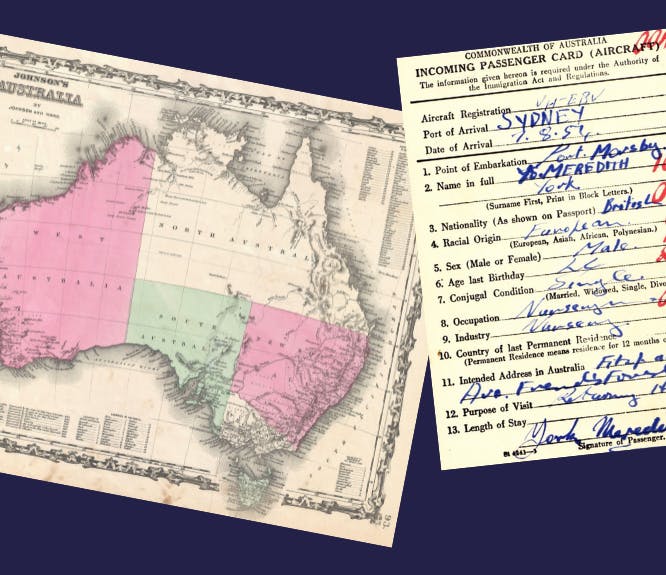
'Invisible' immigrants: the story of the ten pound poms
History Hub

